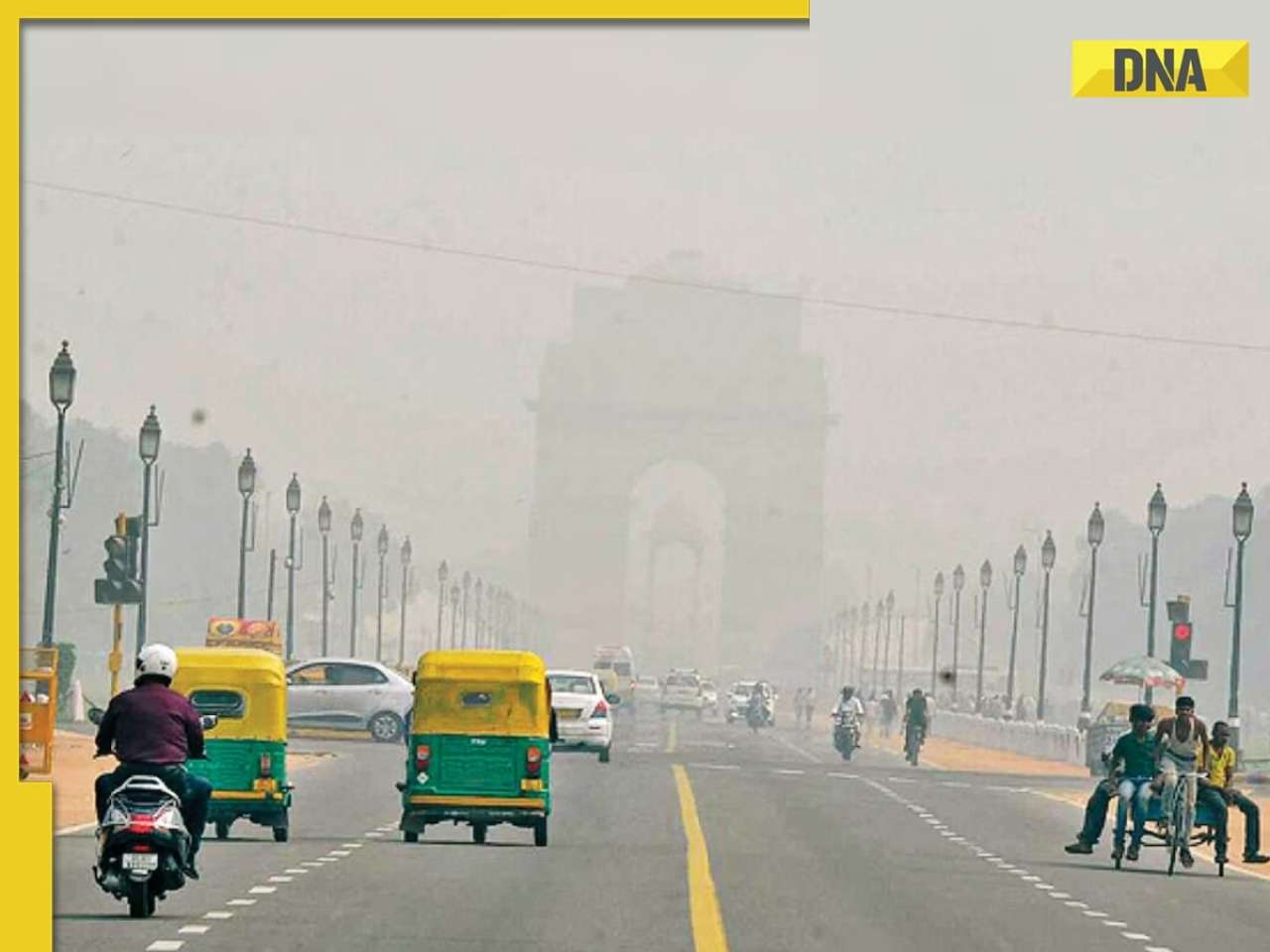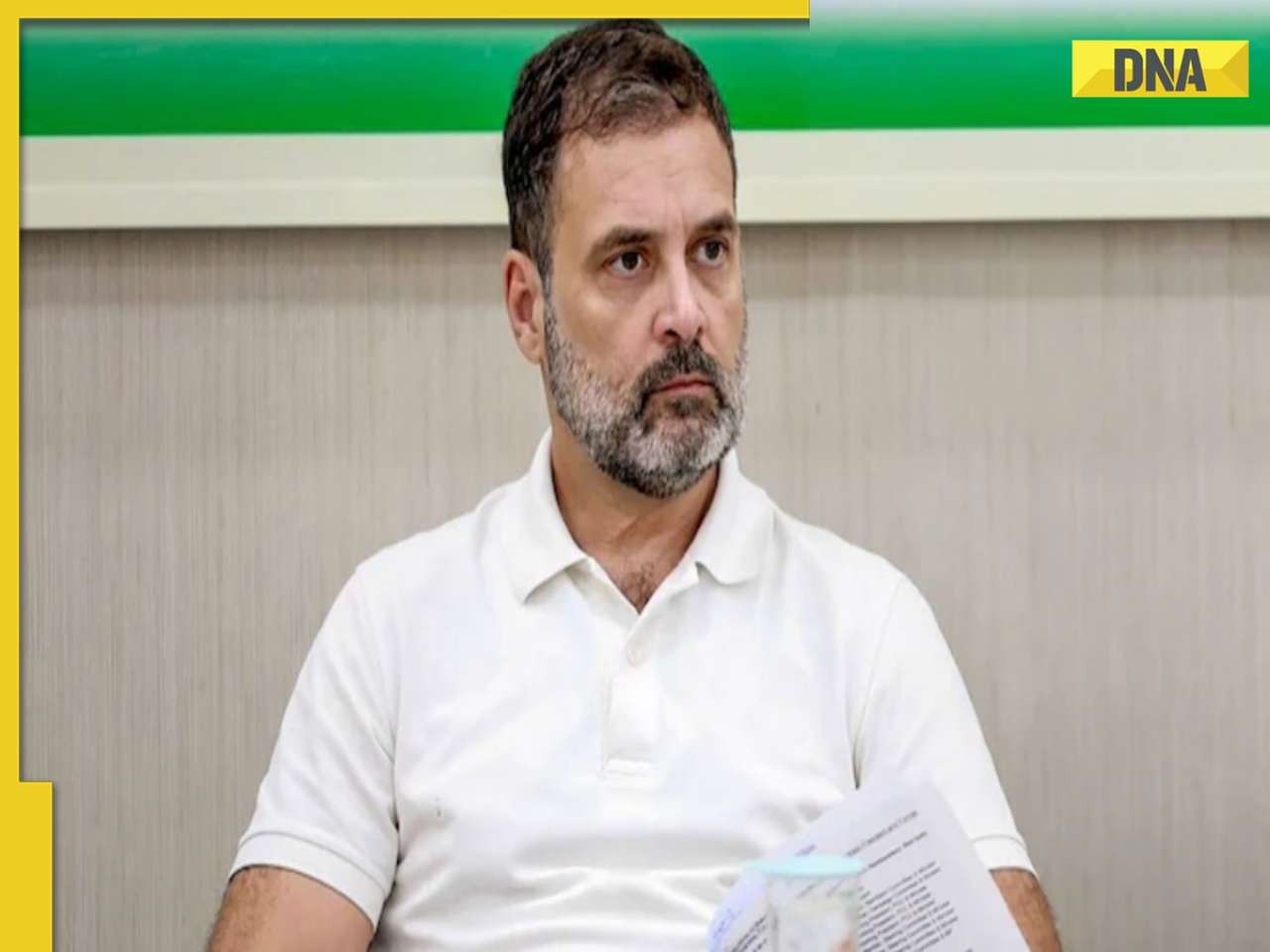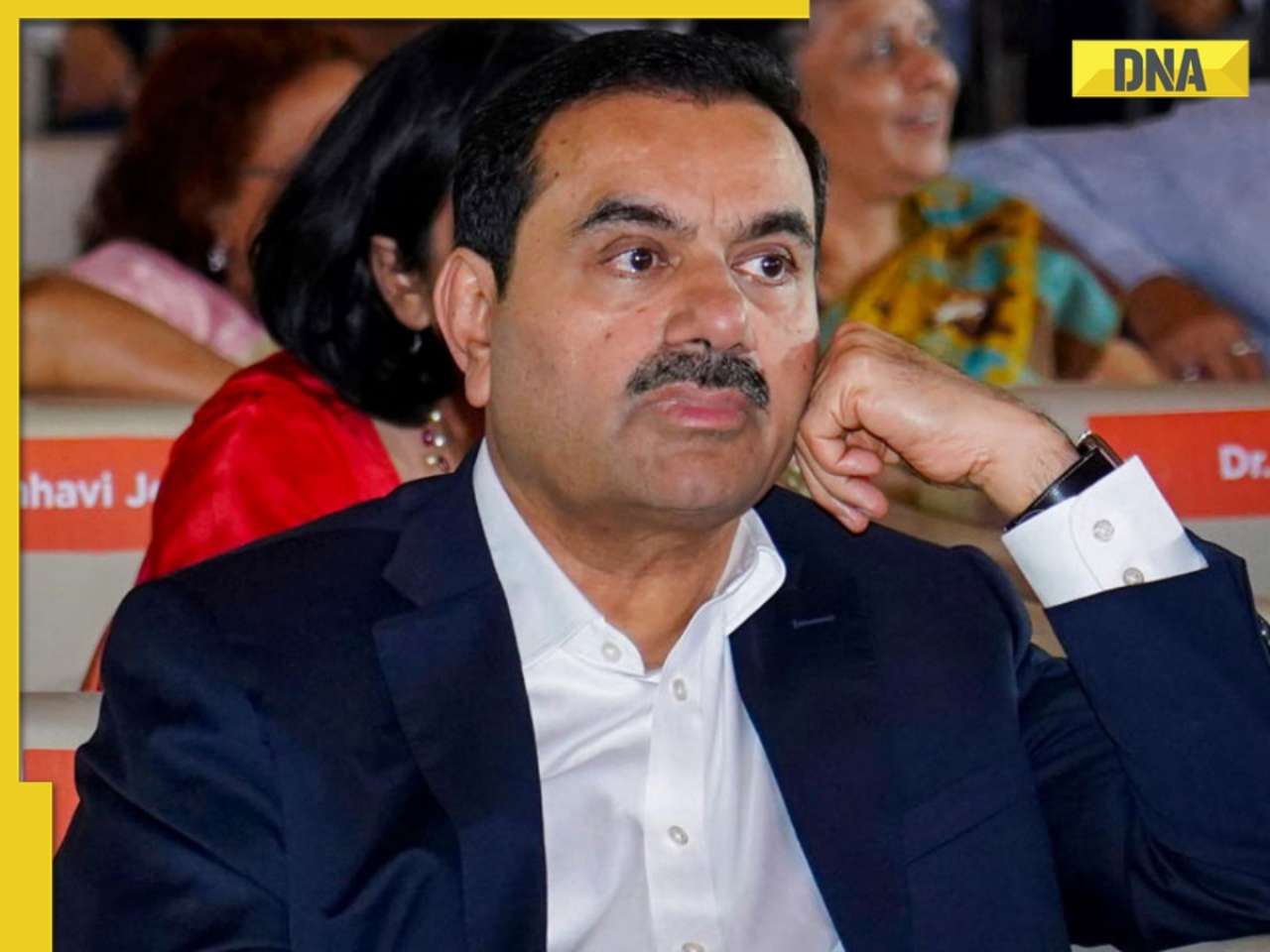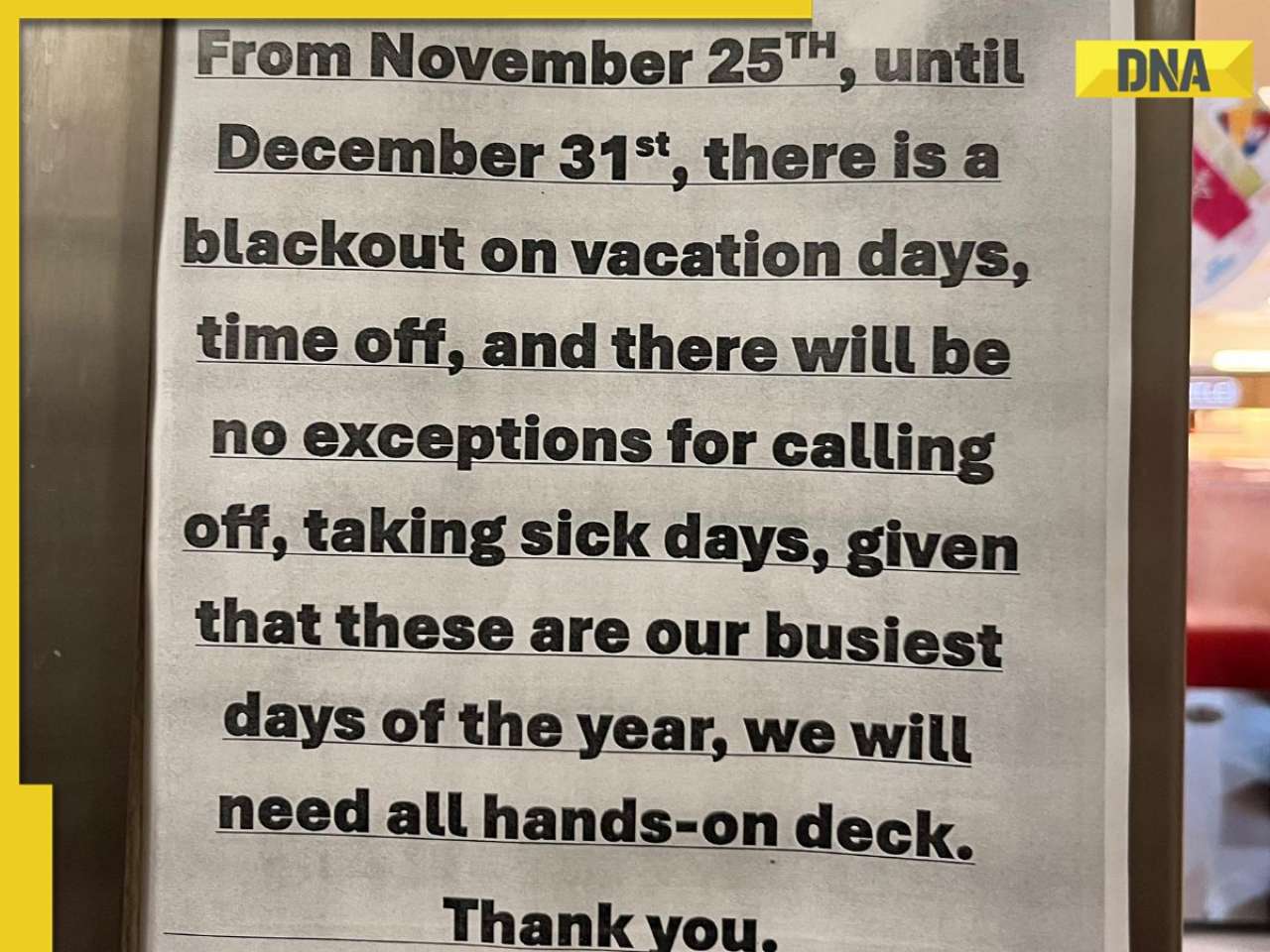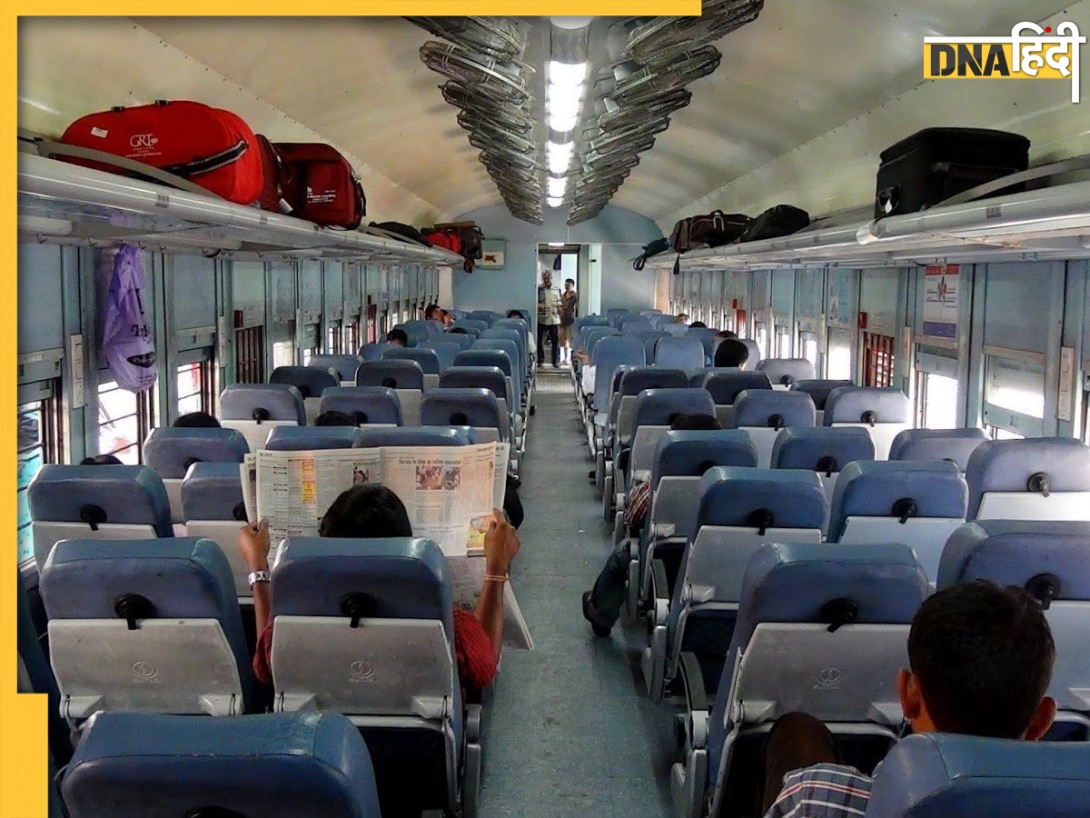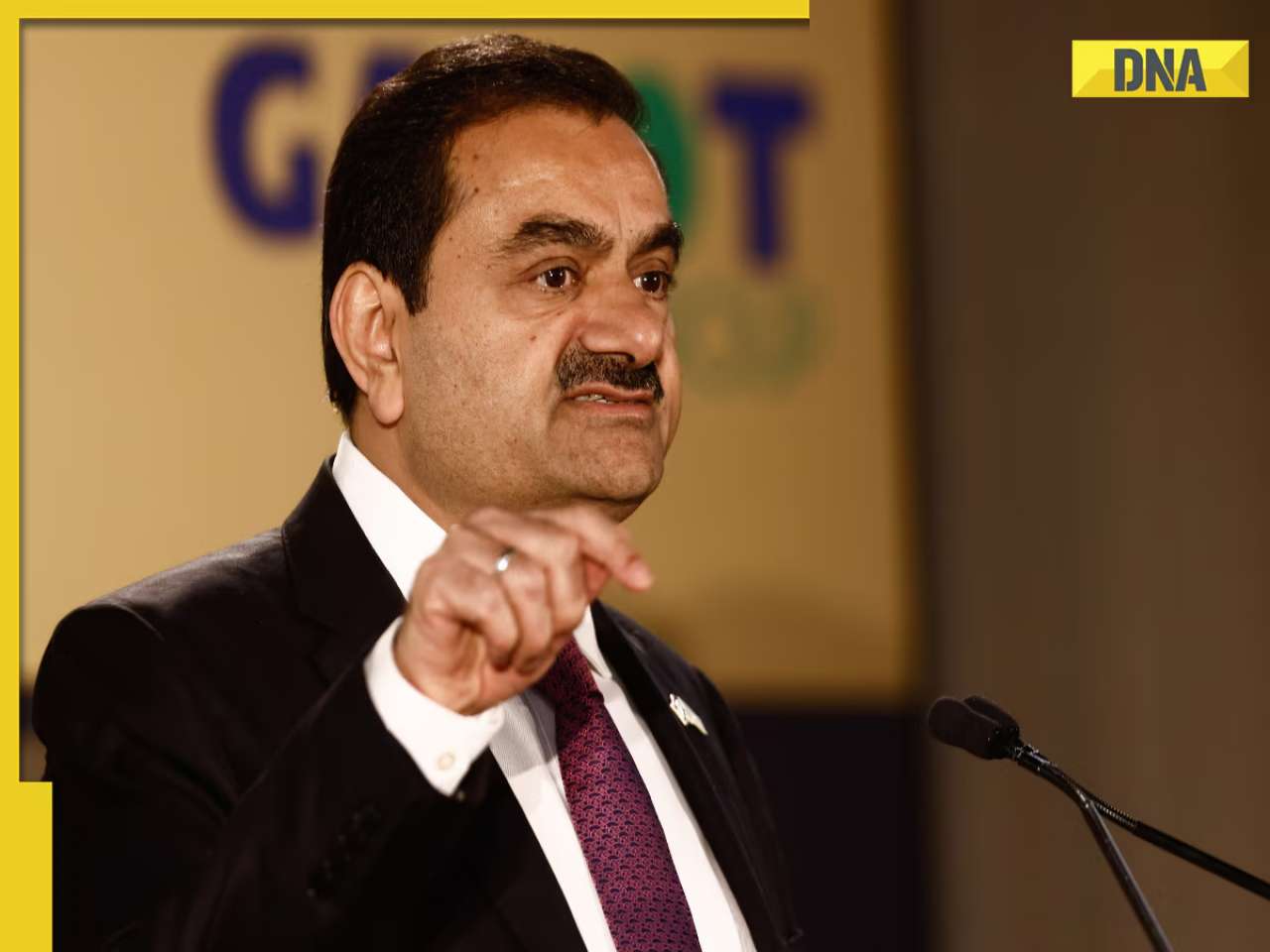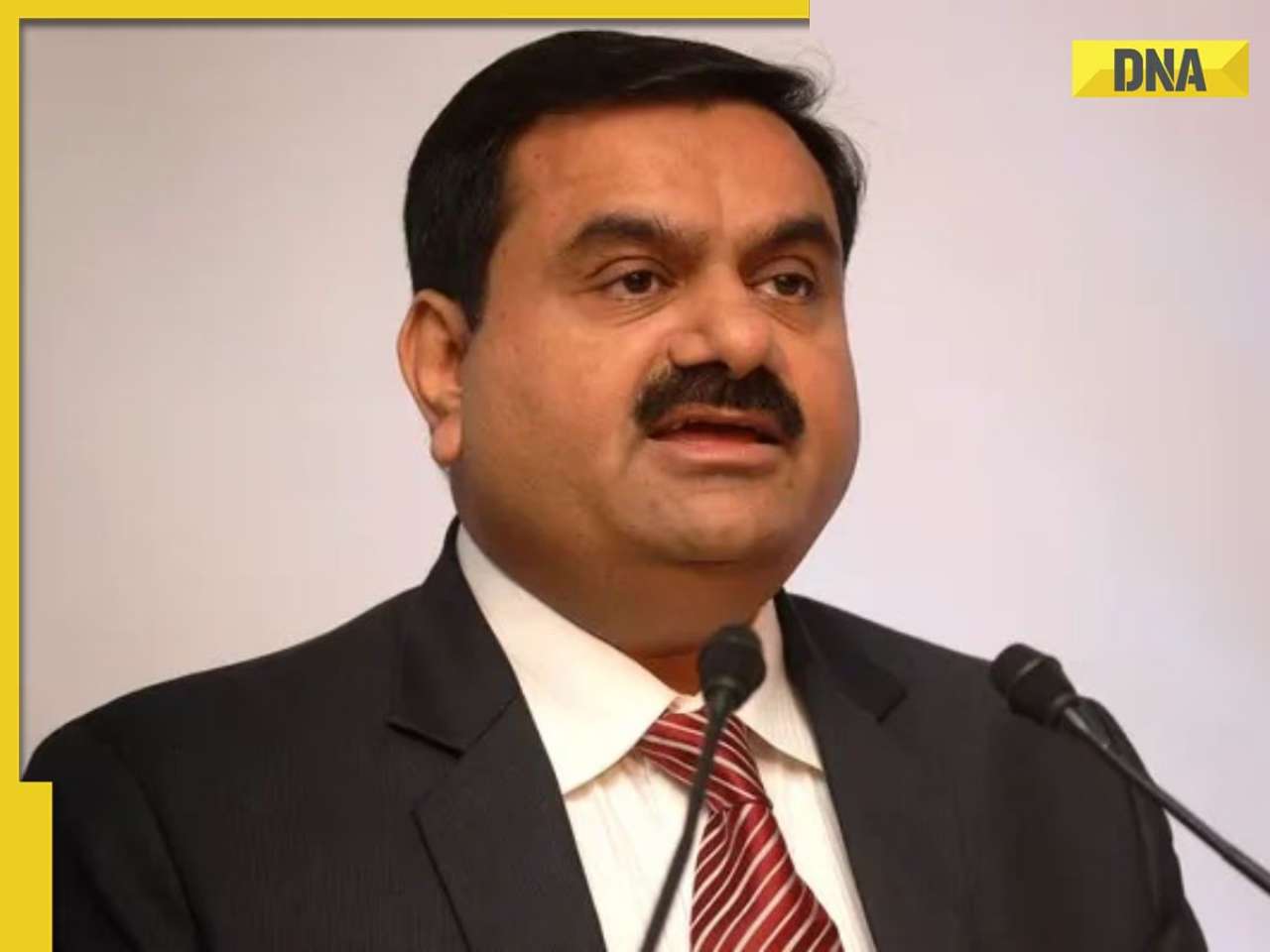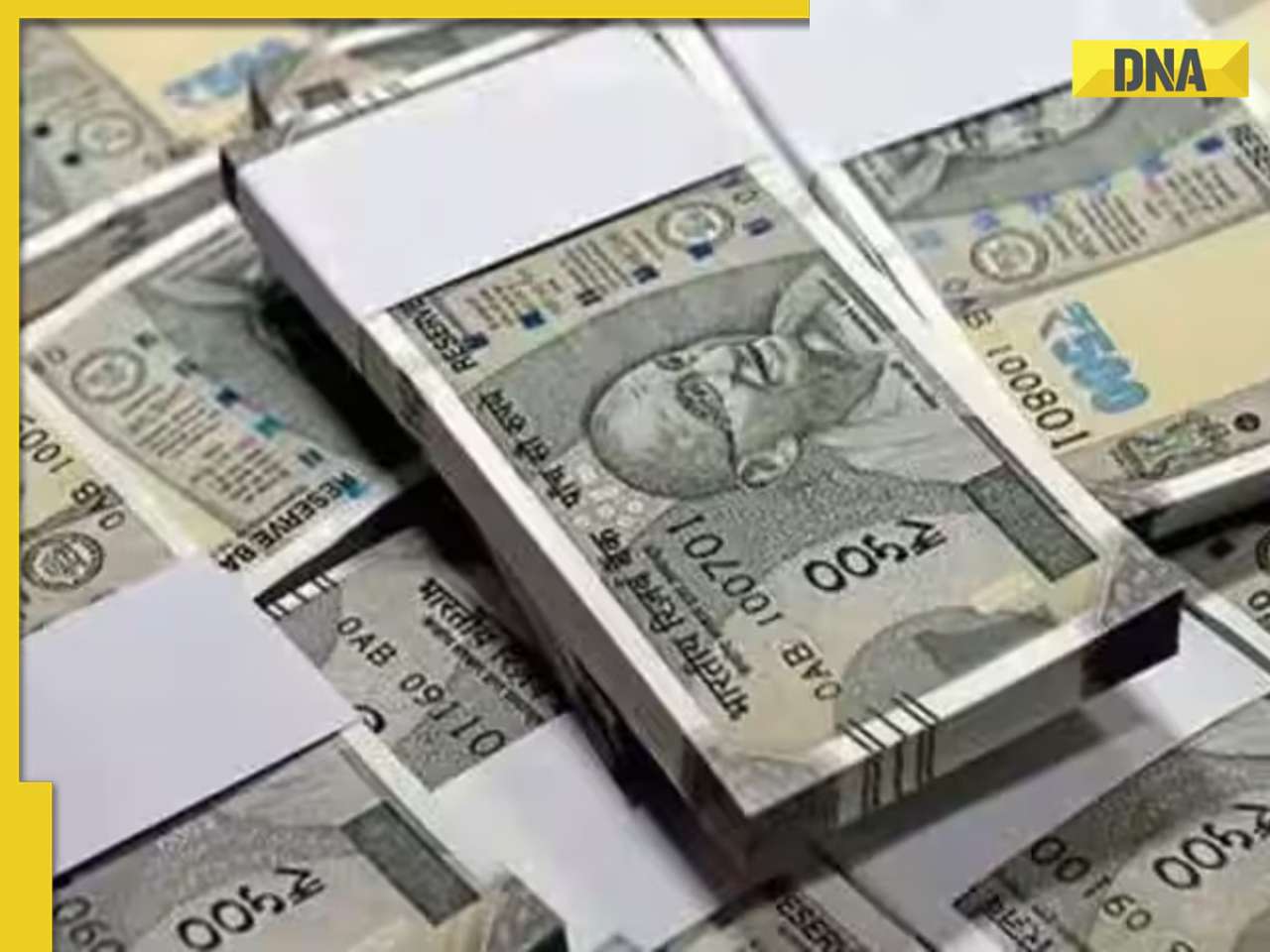- LATEST
- WEBSTORY
- TRENDING
BUSINESS
‘Brace for 10 years of insipid global growth’
In early 2007, when the world was awash in liquidity, economist Jim Walker warned of a “coming Apocalypse”. And even today, his outlook on the global economy is grim.
TRENDING NOW
In early 2007, when the world was awash in liquidity and asset prices were soaring worldwide, economist Jim Walker warned of a “coming Apocalypse”. In the two years since, the global economic plot has unravelled pretty much as Walker prophesied. And even today, Walker’s outlook on the global economy — and his assessment of the policy responses worldwide — is grim. In this second and concluding part of an interview to DNA in Hong Kong (the first part appeared in Thursday, March 12 edition), the founder of Asianomics warns of prolonged economic agony. Excerpts:
Are we now anywhere near the end of the unravelling of the apocalyptic scenario you outlined two years ago?
The ‘end of the beginning’ would be a better characterisation than ‘end’. We now know that there is a crisis, and we’re also aware of the nature of it. The question is what governments will do about it. There’s a danger that we’ll elongate the potential recovery. We’ve seen that in Japan over the past 20 years; various policy mistakes have led to the Japanese economy being basically in recession for nearly two decades. Although there was a recovery, the Japanese people don’t sense it.
Western governments are making a lot of the same mistakes: they seem unwilling to recognise what the problem is. The real problem is that there was a tidal wave of credit and money that came into the real economy via the financial system, which distorted the industrial sector — not just in the US and Europe but in China, in particular. When the realisation comes that that was an unsustainable structure, it has to correct itself; there has to be a consolidation; there has to be a move away from some of the old spending patterns towards new savings patterns. And, thereafter, the economy can start getting up and running again. But unfortunately, a lot of the governments’ efforts are in maintaining that old industrial structure that cannot be sustained.
So, we’re potentially going down a route where, instead of a one- or two-year recession — even if it’s a deeper, nastier and painful recession — we could end up with something like 5 to 10 years of very insipid growth in the global economy.
The subprime mortgage contagion seeped through the entire financial system. Are there any more shocks we’ve not yet uncovered?
It actually spread quite rapidly from subprime to every aspect of the financial system. However, it has taken slightly longer on a geographical basis to be clear where it’s going; if you remember, even a year ago, the flavour of the day was ‘decoupling’ (the theory that Asian economies would be insulated from a slowdown in major developed economies); that was never likely but people didn’t recognise it. After the US and western Europe, export-led countries in Asia, including Japan, were in trouble. Now eastern Europe is in deep trouble. But people are still very sanguine about China. And that’s probably going to be the next phase, where people realise that China has problems as well.
And along with China, commodity-exporting countries will be very adversely affected. So, most of the problems are relatively clear; now there are still elements of hope that are going to be dashed.
Is there anything else that could come out from unexpected places? Insurance companies are probably the next big problem area in the financial system, because they have so much of the unwanted paper and their capital base is shaky. Local municipal governments in the US will start defaulting on bonds because their revenue streams are based on property. We’ve not even begun to see credit card defaults in a dramatic way, but with rising unemployment that could come up. Commercial property is another area. These are probably ‘known problems’ that are going to become more intense.
What are the unknown ‘unknowns’?
At the moment, I think we’ve uncovered most of the rot. The biggest one out there is that people just haven’t quite understood the effect of the credit tsunami on places like China, and what it has done to the Chinese industrial structure, the malinvestment there.
Can the crisis in eastern Europe blow up?
Things are pretty bad in eastern Europe. Actually, it was quite easy to spot how bad it was there. The IMF was putting together a table a couple of years ago in the light of the 1997 Asian crisis. It looked at things like current account deficit, credit growth, credit growth relative to GDP growth, and the local banking system’s liabilities with foreign banks, particularly the big western banks.
All of these indicators are kind of standard matrix for flagging potential problems. Eastern Europe at the beginning of this crisis looked much more imbalanced than Asia did in 1997. All the ‘flags’ signalled there was a major problem. A lot of currencies in eastern Europe have fallen sharply — not just against the dollar but against the euro, which was their base currency. There hasn’t been sufficient appreciation of the crisis in eastern Europe — probably because there were crises everywhere. But there’s going to be a much more severe disruption — possibly even social and political instability — over the summer in eastern Europe. It’s winter now, and spring and summer are when you see political and social activity. It’s going to be a long, hot summer for many governments in eastern Europe.
Are you inspired by the policy response of the Obama administration and other western governments?
I’m not inspired at all; in fact, I’m quite distraught. For example, the central banks moving very swiftly towards a zero interest rate policy…
What’s bad about that?
Interest rates are a signalling mechanism. When the US Federal Reserve cut interest rates to 1% in 2003, and held it for a year, that was a signal for a boom. That became a massive bubble that is now at the centre of all the problems in the global economy. Getting interest rates down to those levels sends all the wrong signals.
The good news is that people are sick of the signals, and won’t respond in the same way.
Second, getting interest rates down to zero is counter-productive. It takes away from the vast bulk of the population who actually save money. Meaningful interest rates have a compound effect on people’s wealth, and the irony is that once you go to zero interest rate, people have to save more to compensate for the loss of the compounding effect.
The Japanese proved that over the past 20 years, a zero interest rate policy becomes counter-productive. You also signal to business that we are in deep, deep trouble. When you do that, businesses cut capital expenditure, cut expansion plans, stop doing things, and they save more.
The whole notion that zero interest rates get people to spend is not supported by evidence or theory. That’s about the interest rates.
The second aspect of the policy response is the bailout of banks and insurers. Again, this is a wrong-headed approach. If the government bails out banks and then says that as the major shareholder, it will get the banks to lend, it sends a message to the other private banks that you have a massive state-owned competitor that you cannot compete with. ‘We’re going to going to lend, we don’t care whether they are bad loans because the government (or the taxpayer) takes the hit, we can undercut you every turn of the way, because the government carries the can, we can take business away from you because we don’t need to worry about profitability.’
This makes the rest of the banking system less profitable, which is terrible news when banks are in trouble. Secondly, if you are a shareholder in any bank in the private sector, you are an idiot because you are holding a company that can’t compete with a giant competitor. So, share prices of banks fall, and the profitability of banks in the private sector falls. That’s a terrible position that central banks and governments are taking right now.
When they nationalise a bank, they should stop it from being able to compete with other banks. All that banks should be able to do is take deposits and buy government treasuries. Actually, India did exactly that in the 1970s and 1980s. It effectively created narrow banks that were not allowed to compete with good banks. People have talked about the Swedish model, and various other things. The Indian model is just about as good as any other…
And then we have this stimulus package, which is all about spending. But what if the problem is too much spending?
But when spending falls off the cliff, is it wrong to lift it up in the short term so it falls gradually over the long term?
Sure, spending has fallen off sharply. The thing about gigantic booms is that they result in gigantic busts. We can understand why governments feel the need to soften the blow. The question is whether in softening the blow you prolong the pain. If the economy were allowed to take a massive hit in the first instance, it would be up and running quickly. The alternative is to take a series of hits over a series of years — and see sub-trend growth for a long period.
That is the choice, and at the moment, the choice of the government is for sub-trend growth for a long period.
So, is the overall policy response doomed to fail?
I think it’s been poor so far, and it’s getting worse rather than better. It’s not considered the done thing to criticise the new President who is in his honeymoon period and is a messiah. The fact is he is bringing back pretty extreme socialist policies in America.
The tax increase he has signalled is indicative. Effectively, for better-off Americans, the marginal tax rate on high levels if income will move from somewhere over 30% to over 60%
Corporate taxes will go up. The notion of a green cap-and-trade carbon revenue… is a cool word for taxation.
Americans are going to move towards a society that is much less vibrant and slower-growing than it has been for the past 50 years. Their entrepreneurs and wealth-creators will leave.
In the short term, can Americans spend their way out of this recession?
That’s the great dilemma. Do we really want them to spend? What we want them to do is get back to comfortable household balance sheet levels so that their spending patterns, going forward, are sustainable. If we don’t get that, we have just a continuation of the problem.
So, what’s the best way to clear household balance sheets? A lot of the debt is going to be defaulted on, which is bad news for the banking system. But it will reduce debt levels.
The other way to reduce debt levels and repair balance sheets is to cut taxes as hard as you possibly can. Instead of spending all this time agreeing on a spending programme with 8,600 earmarks for spending by Congressmen on their pet projects, across-the-board tax cuts and simplification of the tax system would give people their own money back and allow them to repair their balance sheet and wealth much more quickly.
But wasn’t one of the big lessons of the Great Depression that governments need to step up with spending in times of economic recession?
That’s one of the lessons that’s been taken from the Great Depression. But the Austrian School of Economics — to which I belong — would say that the simplest lesson of the Great Depression was: ‘Don’t let it happen in the first place. Don’t let a big credit upswing happen, don’t let monetary expansion happen and you won’t have to deal with a Depression.’ But we didn’t learn that lesson. So now we’re treating the symptoms rather than the causes.
The whole process at the moment has been justified by Keynesian economics, by people who say that the response to the Depression wasn’t fast enough and wasn’t big enough. Well, nobody can accuse us now of not being fast enough or big enough. And if it still doesn’t work, what are we doing to do then?
Have we given the spending programme enough traction time?
Presumably not yet. But there are no signs from the early indicators of the stock market that even in 6 or 9 months’ time, it’s going to work.
It may better to avert a Depression than to deal with it, but given that we are here, is a Keynesian response not right?
In my view, it’s the worst response, not the best. What it does is try to support industrial and capital structures that are unsupportable. They are already unprofitable and already inefficient, and people who own the capital, the factories and the businesses know that they’ve made bad investments. To try and shore them up is to go down the Japanese road. Maybe that’s what people think is the best way out. We could go down a 10-year zero-growth path. We are certainly quickly heading in that direction.
Personally, I think we should take the pain as quickly as possible and hope we can get back and running as quickly as possible as well. That would of course be very nasty. But it’s going to be very nasty anyway.
It’s becoming hard to ignore the chatter about the ‘imminent death of the dollar’, with the trillions of debt that the US is piling up. What’s your outlook on the dollar?
I can’t remember which comedian it was, but his response to the fairly standard question — “How’s your wife?” — was “In comparison with whom?” It’s the same with the dollar. Yeah, the dollar has problems, and we’ve seen the response of the central bank and the government, but tell me which government is not doing the same thing? Which other currency is more attractive than the dollar?
Is that insurance enough for the dollar?
The biggest danger is that every single currency comes with a loss of confidence in the guardians of monetary stability. To be honest, there should be no confidence in them anyway: they have grossly mismanaged the whole situation. Unfortunately, commercial bankers and investment bankers are being sacked and are losing their jobs, rather than central bankers and politicians, who are the real culprits in this whole process.
It points to a different sort of value going forward. It’s been pointed out that gold will make a comeback. People are looking for something that will not be mismanaged by human beings, looking for something with intrinsic value. Gold and other precious metals will become, at some point, the anchor of the global currency system again.
When we emerge from this crisis, what kind of a world will it be?
We all know that the financial system will be smaller, less profitable, much more mundane and much more regulated than it’s been over the past few years. We’ll probably be back to something akin to the 1970s and 1980s in terms of what banks are allowed to do and the vehicles that are available. From an Austrian School perspective, that’s good for the future; it will avoid some of the huge credit run-ups. The shadow banking system won’t be able to create money as it did for much of the last decade.
But industrially, it’s much more difficult to envisage. We need to realise that the global economy is going to shrink in the next year or so, and perhaps longer. Capacity will be destroyed, capital will be destroyed, people will be made unemployed. And people will take a very different attitude towards risk going forward. They’re going to have much less faith in central banks, and that will be a good thing!
The upshot is that we’ll have a much more risk-averse borrower and a less credit-orientated world with a significantly slower growth on a global basis. The IMF now flags global GDP of around 3% as close to recession; it will revise that benchmark to 1.5-2% for the next 5-10 years. That will be considered reasonably good growth.
So, going forward, it won’t be Apocalypse, but death by a thousand cuts…
It’s been pretty apocalyptic so far. I hope it doesn’t get any more so. I think the outlook is for slower growth and a less exciting world for the next few years.
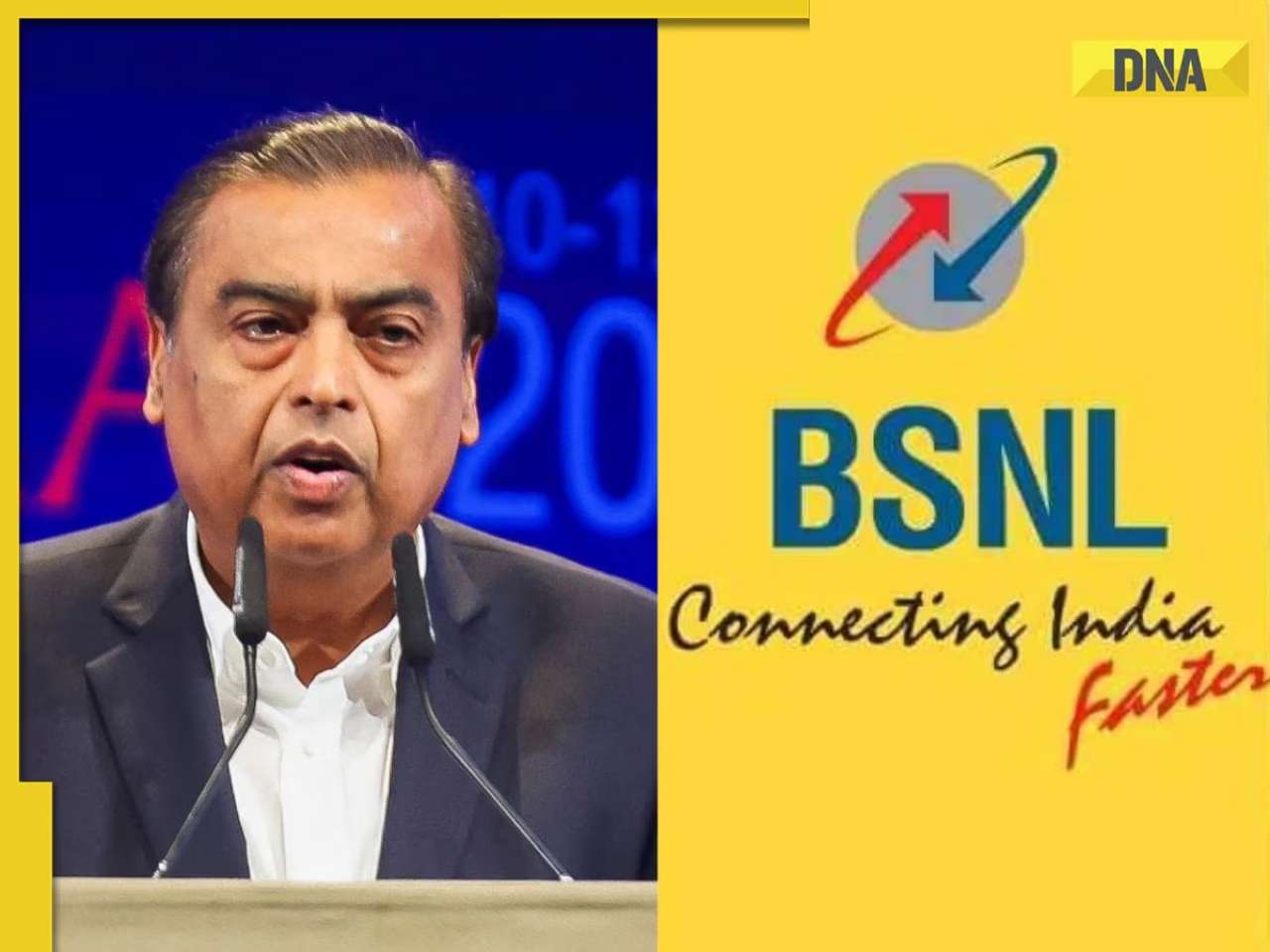
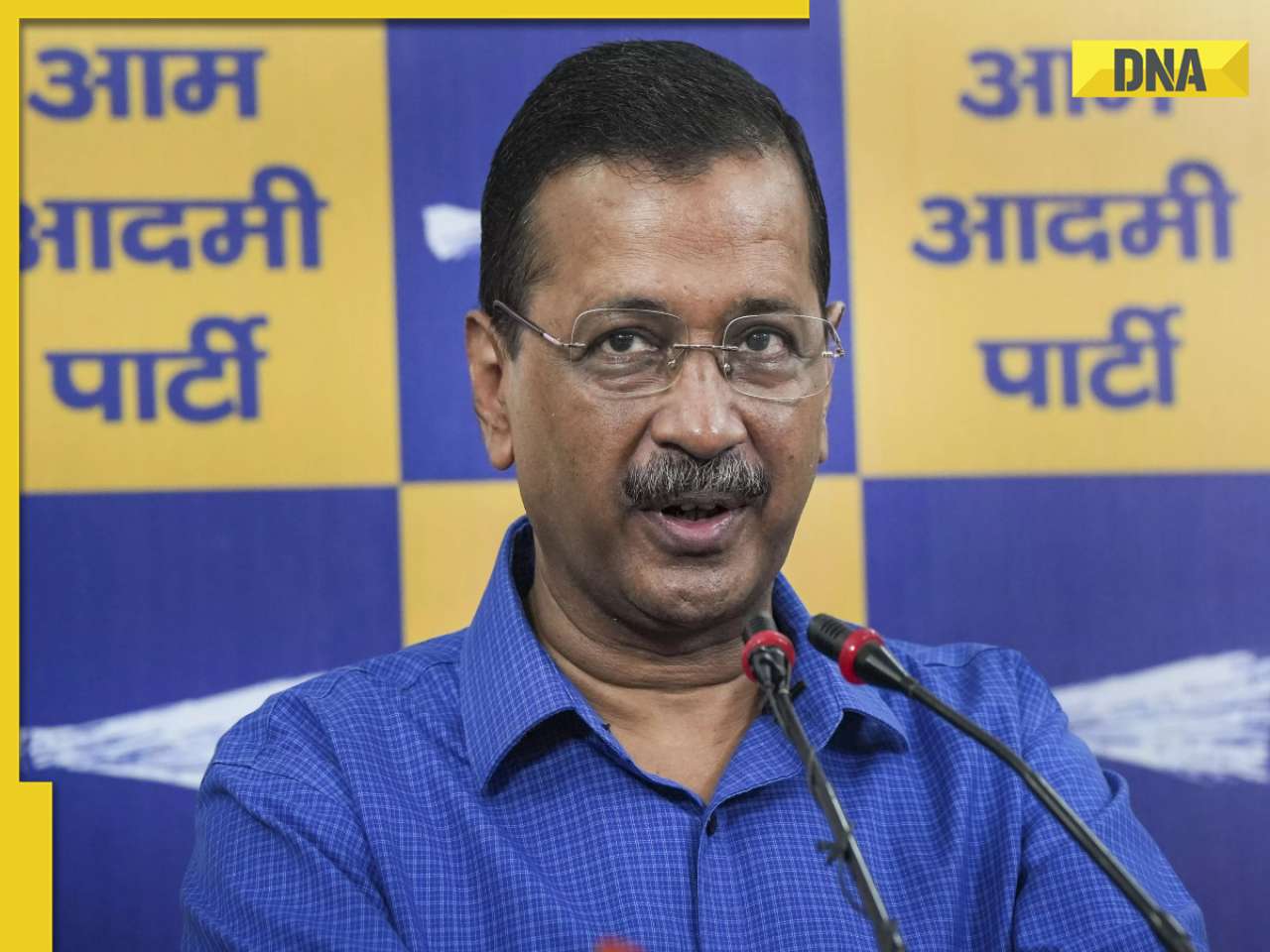
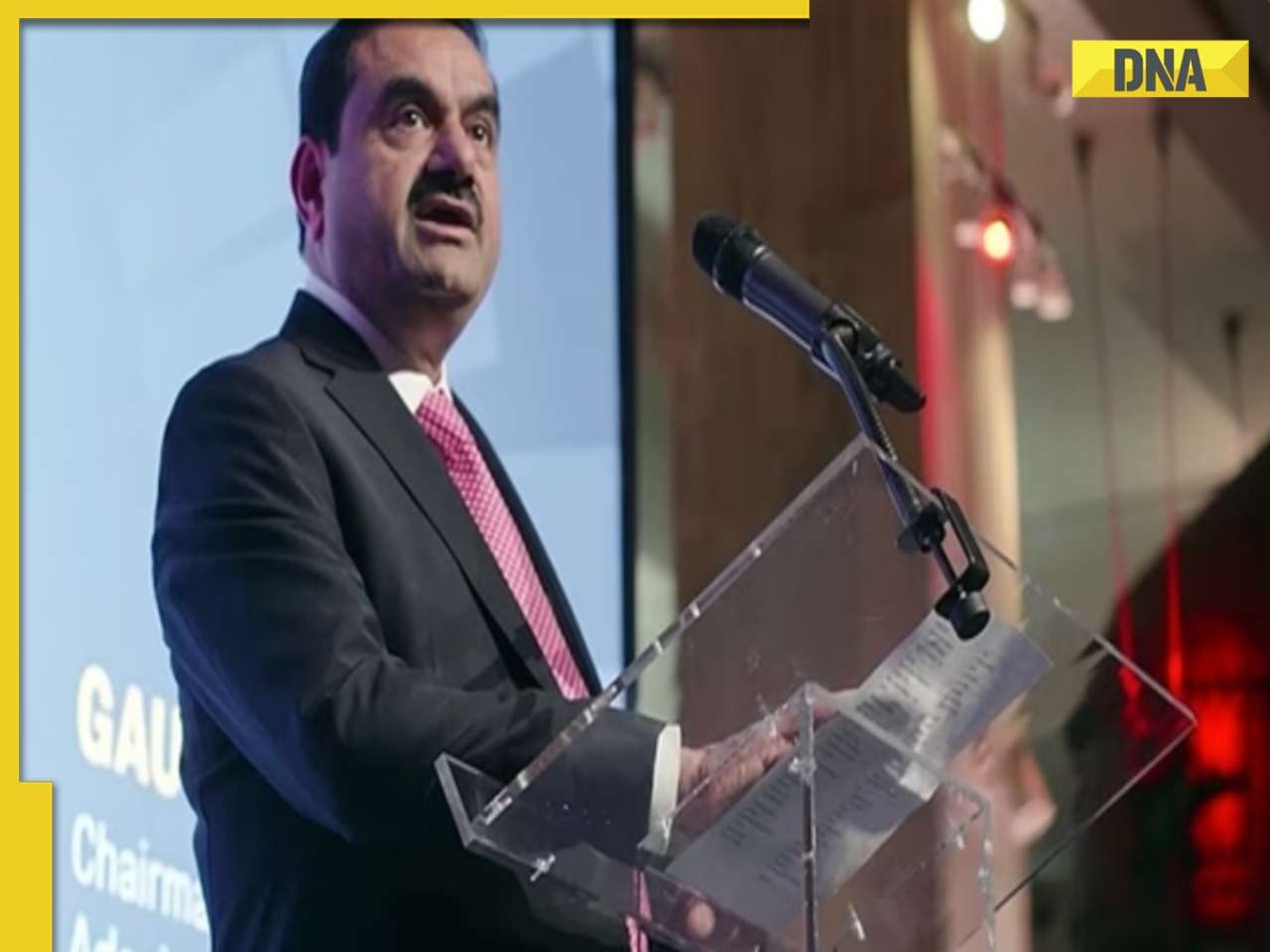





)
)
)
)
)
)
)
)
)
)
)
)
)
)
)








